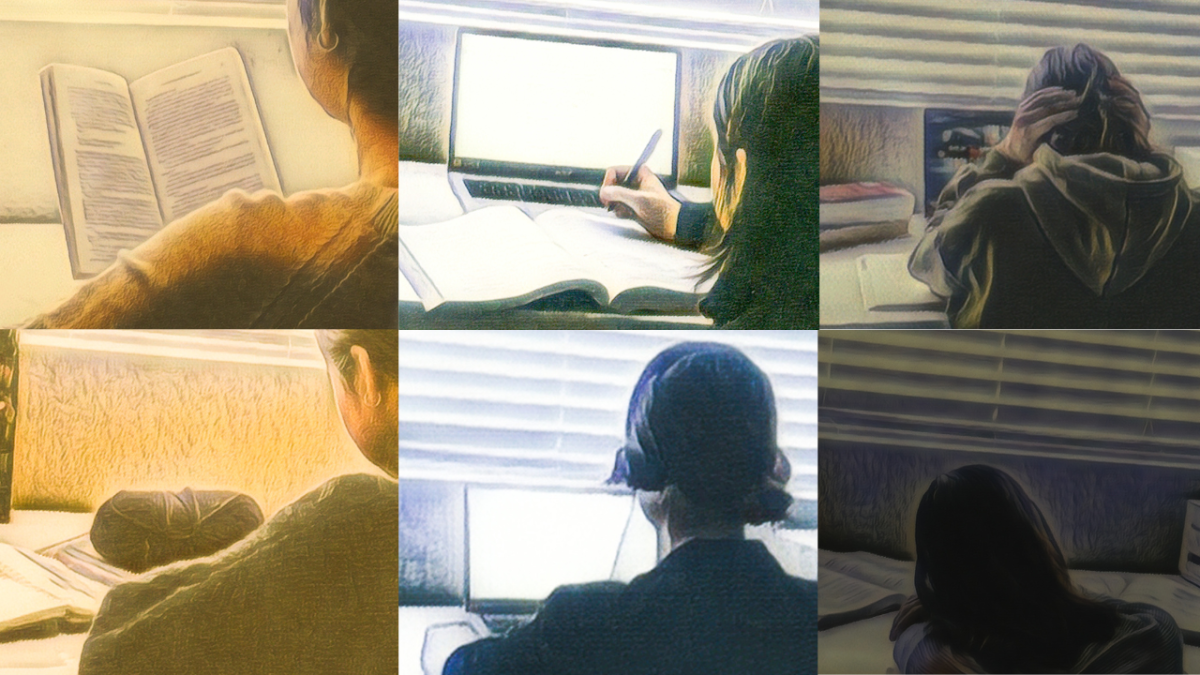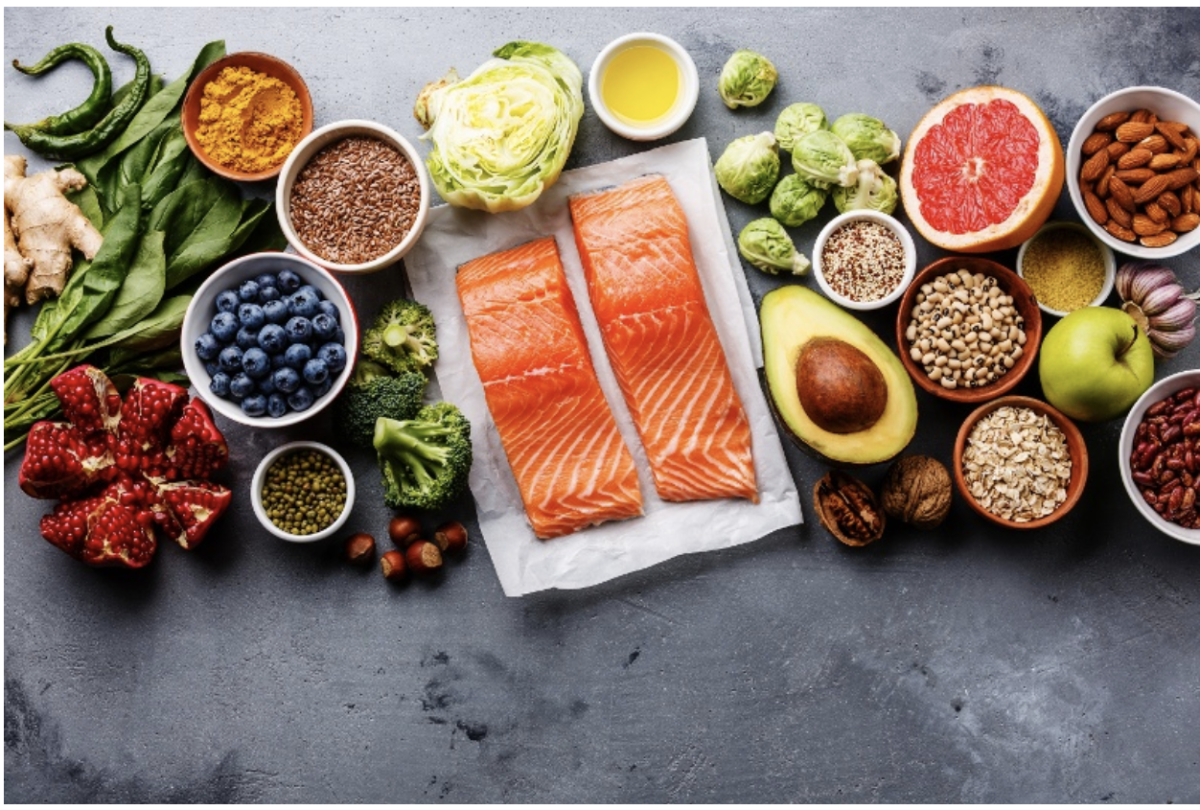It’s a Short Story
April 14, 2015
You come home, you refresh your Twitter app. You read a few pointlessly boring tweets about the trials and tribulations of your peers, you close the app. You wonder what’s new on Instagram–maybe the cutie you’ve been eyeing posted a new picture–maybe not. You think to yourself, hey, I haven’t been on Vine since 4th period?? You find nothing but shameful videos of hopeless “Vine Famous” Teenagers, thinking they have their lives together. You scroll, and scroll, and scroll, until you find that you have opened, closed, and re-opened every social media app on your phone within a 20 minute period.
If you read the paragraph above and did not chuckle with the subtle acknowledgement that this is your life, you are either God, dead, or above seventy years old.
The truth, the disheartening, disturbed truth, is that we as a generation of technology-crazed people cannot focus on anything–even the newest app–for any extended period of time. The root of this undeniable fault: social media’s ever-evolving focus, and our inherent need as a generation to be up with latest and greatest of EVERYTHING but our own interpersonal skills. After close examination of the culprits of this seemingly mischievous criminal–the robbing of society’s ability to focus– the list has been narrowed to the following social platforms: Twitter, Facebook, Text Messaging, and Vine.
Twitter: the notorious major league media site is the feigned encourager of self expression; however, if the premise of the site is for total self expression, than why are users limited to 14o characters of “freedom?” Twitter’s 140-character limit has driven all its users to get creative when communicating. And, of course, if you want to encourage retweets, the number should be closer to 115, since the shorter and sweeter the tweets are, the more acknowledgement. “I never tweet anything longer than 50 characters, it’s proper Twitter etiquette,” denounces Dana Jacobs (12). Jody Ordioni of ere.net begs the question, “How much shorter can our content get?”
But it doesn’t end with Twitter. Social Media Today published an analysis that Facebook posts of 70 characters or less get the most likes and comments; posts from 71 to 140 characters do less well; and the number of likes drops tremendously when posts are more than 140 characters. The same number as a tweet–coincidence? I think not.
The root of the problem goes beyond social media. Numerous sources state that the average length of a text message is 160 characters, which makes room for three or four words more than Twitter does. But despite the extra letters, texting brought us abbreviations like “c u l8r” and “how r u?” These “words” will not earn anyone a job, nor will they admit anyone into the college of their choice.
Into this race to the shortest content comes Vine, with its limit of six seconds. While this allows for stop-motion animation, since users can open and close the “shutter” as much as they want, it does not allow for any editing, sound effects, graphics, or titles. How is one supposed to truly convey how they feel about anything in six seconds? What’s worse–the youth of society thrive off of the thrill they get when they reach 1,000 followers because of a cat vine they posted. These menial “accomplishments” are giving the people of this generation a false sense of awareness and importance.
In a period of rapid progress and technological advancements, it is crucial to slow down to notice how we are demeaning our lives, while convincing ourselves that are improving them. We are products of our society, and these various influences are factors of the production of lazy, illiterate people who will not listen to a story or conversation, lest it lasts under six seconds.






































